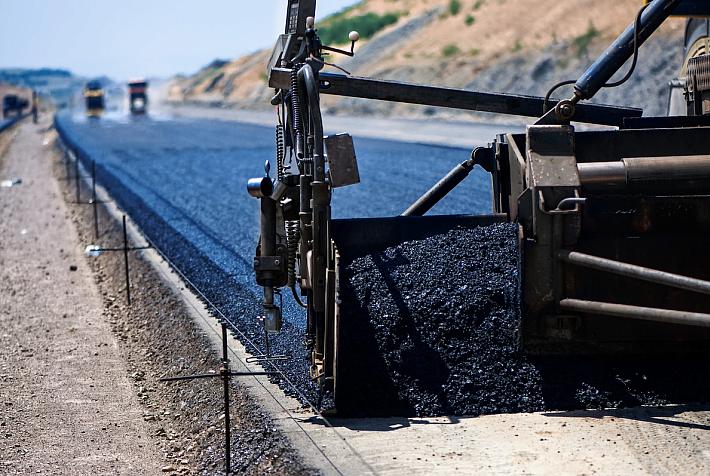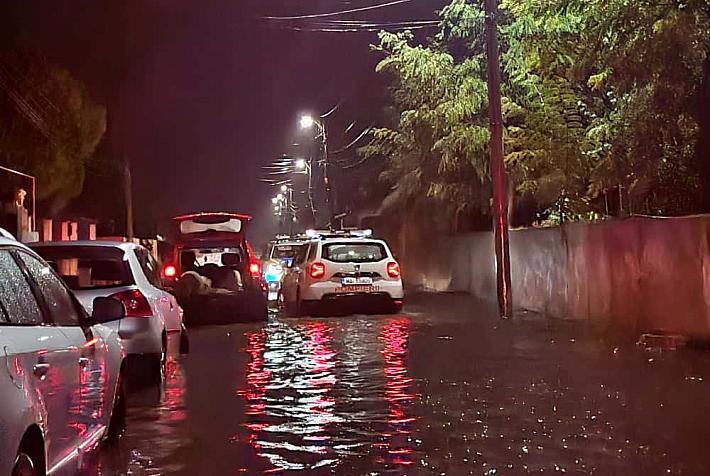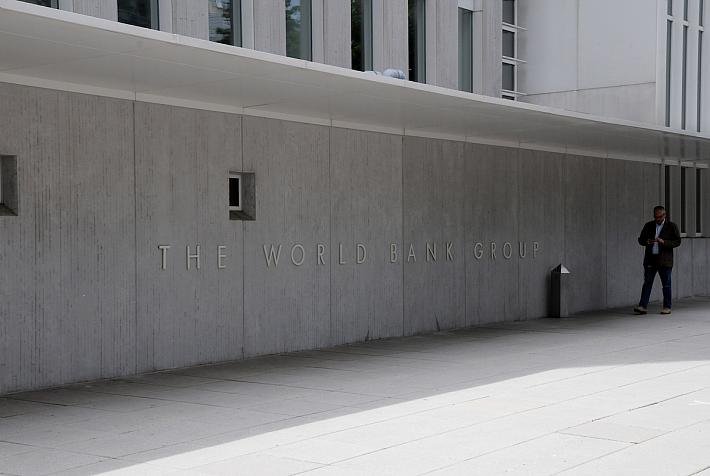Romania in word and pics: A window to my soul- the scarcity of things

Guest writer Yvette Larsson shares a second short passage from the manuscript of her book “ A Window to my Soul”.
This one is about contrast and about the scarcity of things. The contrast was big between Mihai growing up in Communist Romania and me growing up in open Scandinavia in the 1980s and the 1990s. Here is the passage. Take your time.
"One learns appreciation when there is a scarcity of things. I'm thankful for the cold because it taught me to appreciate the warmth. I love the darkness because it helped me to always seek the light. I'm grateful for the rainy days in my life, they made the dry, sunny days special. "
Regarding the scarcity of things in Romania: at the time there were 5-10 different kinds of sweater to choose from. Everyone looked almost the same in very sober colors.
Electricity was cut off 2 hours or more per day. Everybody had heating with wood so they could cope with the cold. They had hot water for two hours in the morning and two hours in the evening. In winter people were freezing. Some people had one of the plates of their gas stove on just to warm up. In old apartments you can still find those old stoves where one of the plates runs higher than the other ones, for this reason.
The President wanted to save money in order to quickly pay back his foreign debt. Which he did. Although his people were suffering. At the same time, he built the second largest civilian building in the world, now known as the People’s Palace, and where the Romanian Parliament currently has office.
The Palace is impressive and oppressive at the same time. Impressive because of all the expensive and exclusive materials used, because of the gigantic halls, oppressive because it was part of the President’s megalomania to show off his power with a huge building. The Palace is still not 100 percent finished.
The President was coloring his world in gold, marble and mahogany while his people were suffering, often living their every day lives far away from human rights. They were bunched as a herd of sheep, collectively having to support the President’s megalomania.
My parents were complaining about having schnizel for dinner every evening, when we stayed at the Dacia hotel in Mamaia in the 80s, but we were lucky to have meat every evening: the Romanians had it four times per year: for Christmas, Easter, the National Day and on the birthday of their Communist President and Dictator Ceaușescu.
The start of the passage is inspired by the nature around me, growing up in Lapland, Sweden. However, the cold, the darkness and the rain can also be translated as the dark experiences in our lives.
It is, in the context of the book, inspired by Mihai and how life shaped him, sending him the people and situations that molded him into the person he is today.
The vein of the book is who we are at the core, the eternal essence, and how society influences us.
I believe that someone who has experienced intense hate has also experienced intense love...
By Yvette Larsson, Guest Writer
Yvette Larsson is Swedish, born 1972 in Gällivare, Lapland. Between the years 1991- 1998 she studied English, Swedish, Education, Media & Communication and Science Journalism at the University of Umeå.
The University studies followed by one year in Stockholm and 13 years abroad. First overseas move was to French Reunion Island, followed by Stavanger/Bergen:Norway, Cassis/ Aix-en-Provence: France, London: UK, and now Copenhagen: Denmark.
Her continuous education constitutes of numerous courses within the field of Sports and Health and she dedicated ten years to Sports Management. When the children came she trained to become a Coach and Leadership Trainer, passionate about making individuals and organisations the best they can be, and she had her own practice for four years.
She runs the blog and a Facebook -page called The Bucharest Lounge, where she displays the beauty and meaning of Romania , seen through the eyes of a Swede.
(photo: sxc.hu)












